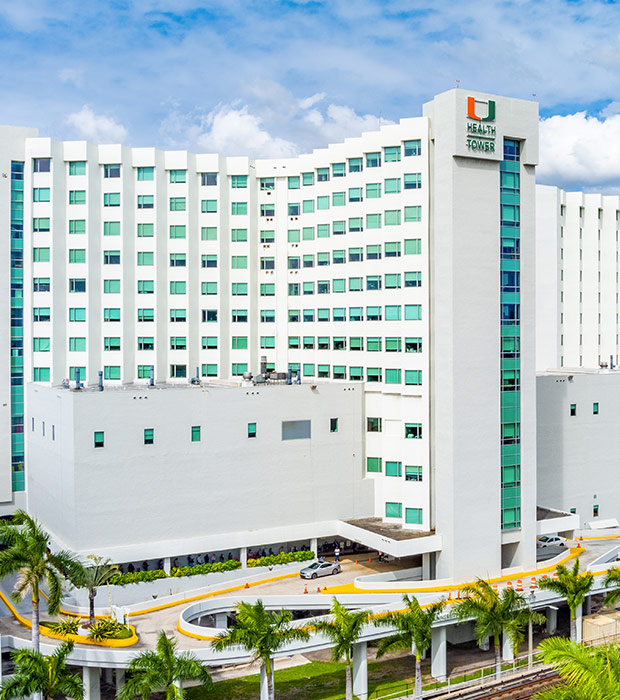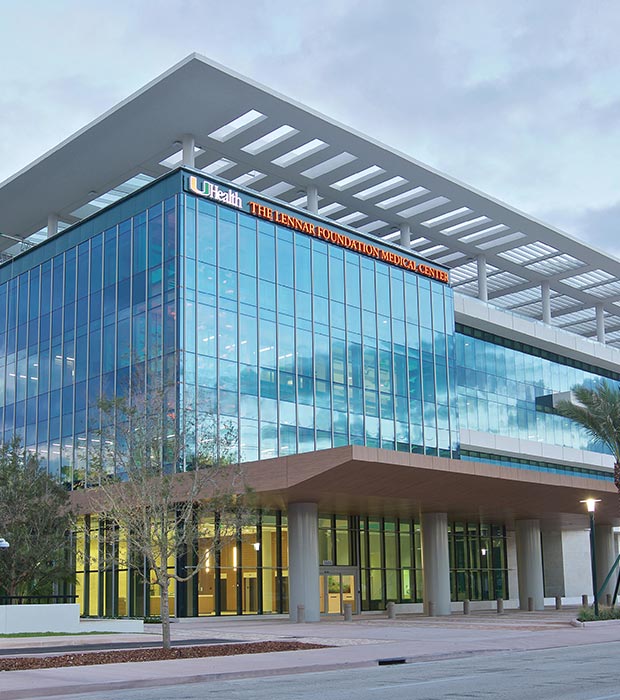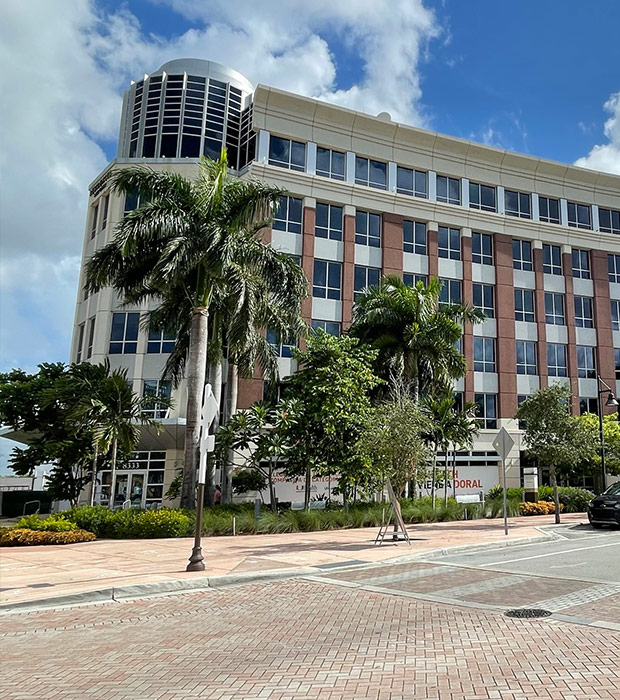Meet Our Vascular Surgeons
Our providers are board-certified and fellowship trained in vascular surgery. Each surgeon works closely with UHealth’s departments of cardiology, cardiac surgery, plastic surgery, podiatry, and wound care and rehabilitation to deliver coordinated care focused on function and quality of life.






